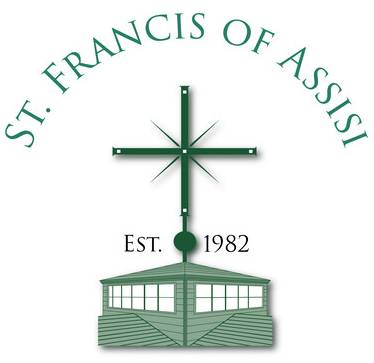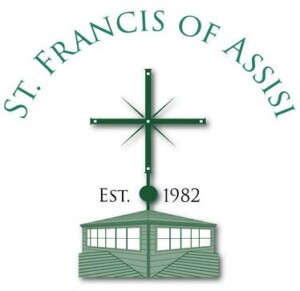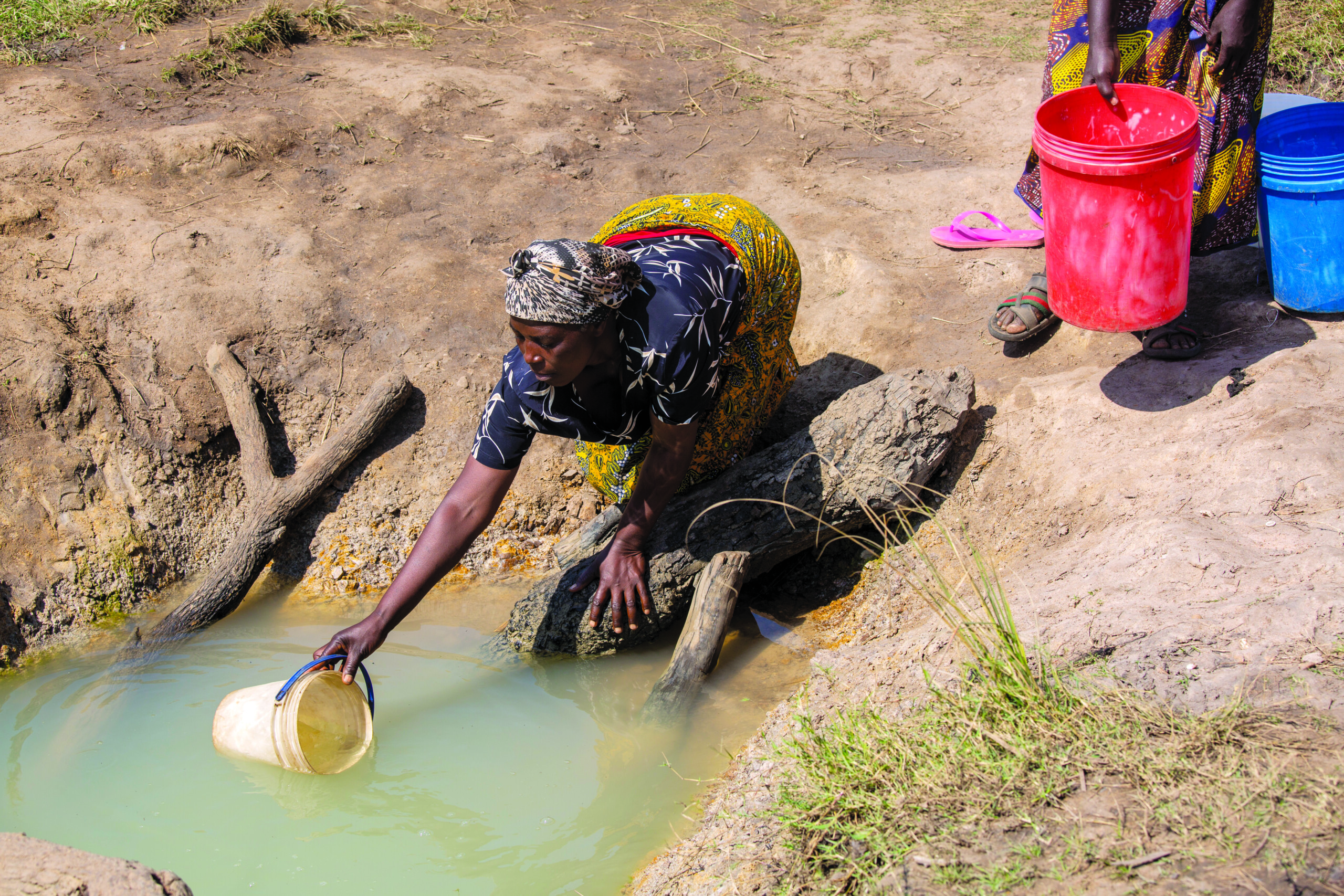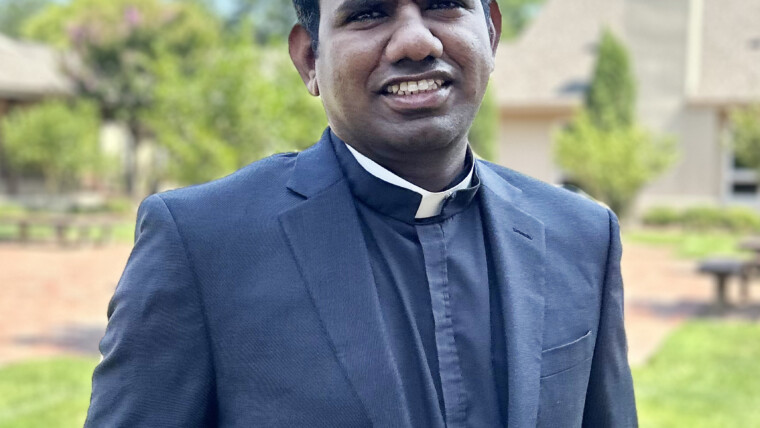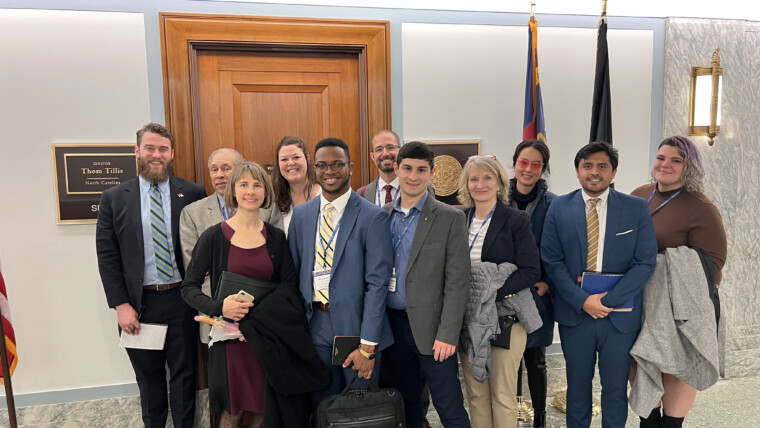Traditionally, when Lent approaches, people ask themselves, “What should I give up for Lent this year?” In recent years, however, the idea has been to see what you can add to your life during Lent to make it a more positive experience. What if you could do both?
That’s the whole idea behind ‘Greener Lent.’ Since it started, Rosemary Herhold, the driving force behind Greener Lent, reminds us, “Lent is 40 days of prayer, fasting, and almsgiving,” and, according to the United States Conference of Catholic Bishops (USCCB), “We are called not only to abstain from luxuries during Lent, but to a true inner conversion of heart as we seek to follow Christ’s will more faithfully.” “Greener Lent,” says Rosemary, “is a Lenten program along the lines of traditional prayer, fasting, and almsgiving because we don’t want to lose or change Lent.” In fact, Deacon Josh, who has worked with Rosemary on the program, has said, “We are taking Lent back to what it used to be.”
The refocusing on tradition is the reason for Greener Lent: “It is to prepare ourselves for Easter by experiencing a true inner conversion,” says Rosemary. She adds, “Greener Lent focuses on prayer, fasting, and giving to the poor through the lens of the ecological crisis, as Pope Francis eloquently explained in Laudato si’.” The Greener Lent website explains the program and its focus on making Lent a meaningful journey with real impact by rediscovering its meaning and value to our faith.
This year, Greener Lent’s focus is ‘water.’ The idea is to provide people in sub-Saharan Africa with water, not just during Lent or for a short time, but for the rest of their lives. Unicef highlighted the increasing water crisis in a November 2023 report, which reported, “1 in 3 children, or 739 million worldwide, already live in areas exposed to high or very high water scarcity, with climate change threatening to make this worse.” Decreasing meat consumption during fasting and substituting cheaper and more environmentally friendly alternatives, for example, allows savings and encouragement for almsgiving; the idea is that this money, along with any additional ‘almsgiving’ efforts, can be donated to Cross Catholic’s Wells of Salvation Project through Greener Lent. The Greener Lent organization partners with Cross Catholic Outreach to specifically fund 200 people’s water in Malawi and Zambia by digging wells for them. As Rosemary says, “Through our sacrifice, we are giving people water for their lives; this has a very tangible effect on people in need.”
Pam James is the coordinator for the ‘Care for Creation’ ministry at St. Francis, and even though Greener Lent is not a St. Francis ministry, it is a natural fit because it has to do with the environment and involves multiple faith communities. These efforts align with the Diocese of Raleigh’s Care for Creation efforts, including North Carolina Catholics Caring for our Common Home (NCCCCH). NCCCCH is a new ministry in the Diocese of Raleigh that helps area Catholics become better stewards of the earth and inspires them to care for all God’s creatures.
Pam worked with Rosemary to present ‘Green, Greener, and Greenest Lent’ at St. Francis this year. Pam explains, “‘Green Lent’ has many options. You can pray, fast and assist others in their Lenten commitment, or follow the St. Francis Eco-Lent Calendar, a new initiative at St. Francis, or commit to not using disposable water bottles for Lent; ‘Greener Lent’ encourages adherence to the Greener Lent Program and assisting those who need access to water; and ‘Greenest Lent’ is a commitment to make one of the Eco-Lent Calendar options permanent, or make Greener Lent a persistent effort, or permanently give up disposable water bottles. We planned to ensure attainable options for everyone, and you can commit to whichever works best for you.” No matter what level people choose, each improves our environment and the ‘care for creation’ to which St. Francis committed himself.
Rosemary thinks of the Greener Lent efforts as analogous to the story of the rich man and Lazarus (Luke 16:19-31). The rich man didn’t hurt Lazarus; he didn’t have him hauled away from his gate or beat him, but he did ignore him. “We don’t want to ignore the poor affected by the environmental crisis,” says Rosemary, “Lent is a good time to love what Christ loved, and he loved the poor.”
Are you ready to commit to a “Green, Greener, or Greenest” Lent? Take this as your ‘call to action’ to make Lent a season of impact and adherence to St. Francis’ teachings on creation; make your Lent green, greener, or greenest today!
Author: Mike Watson
